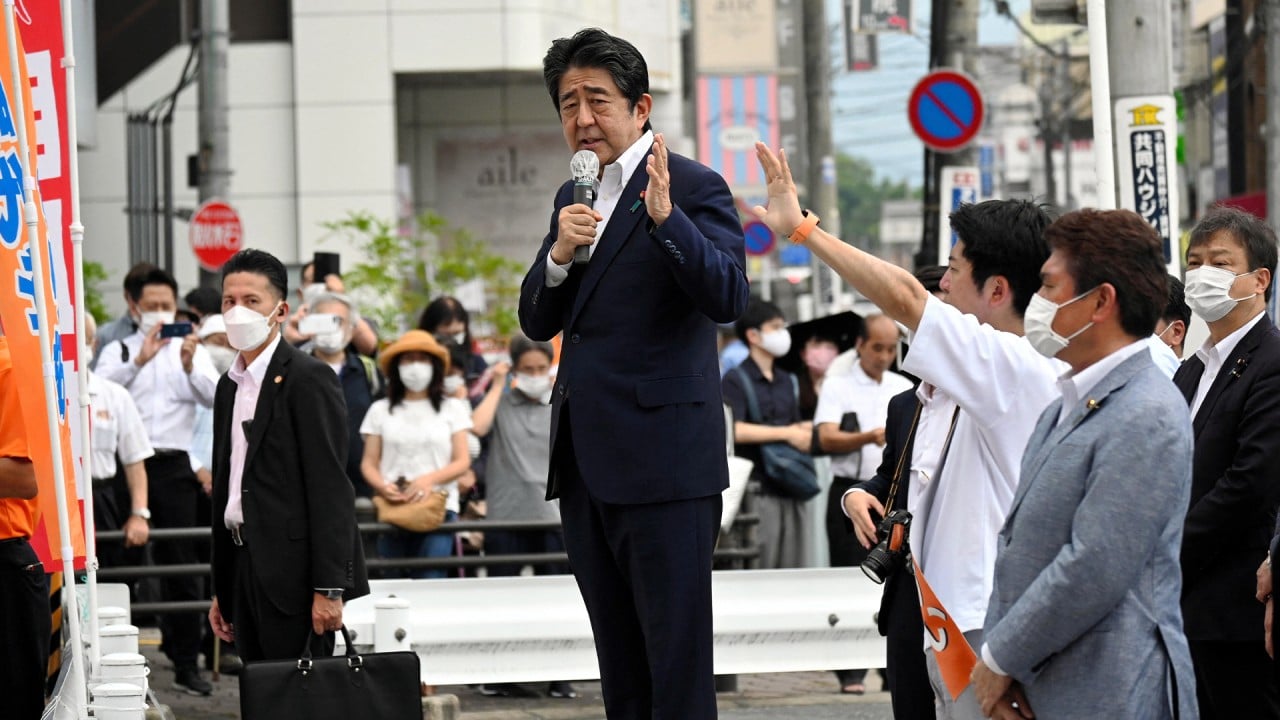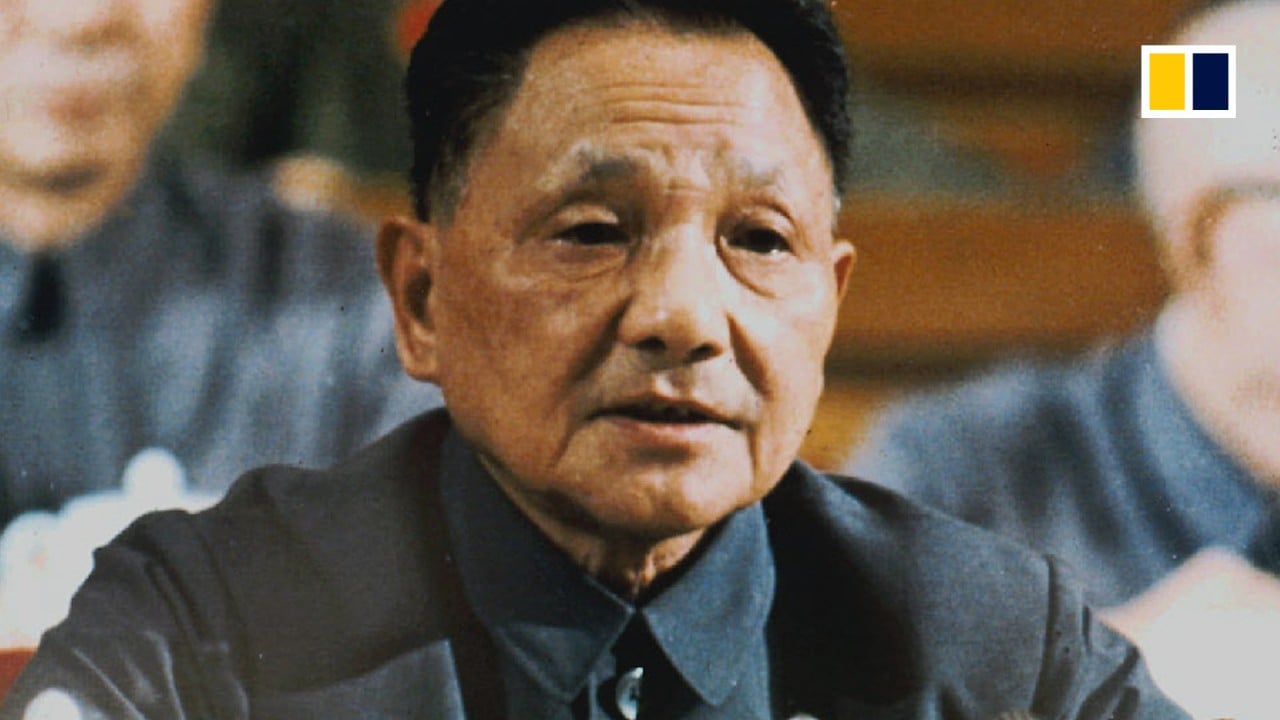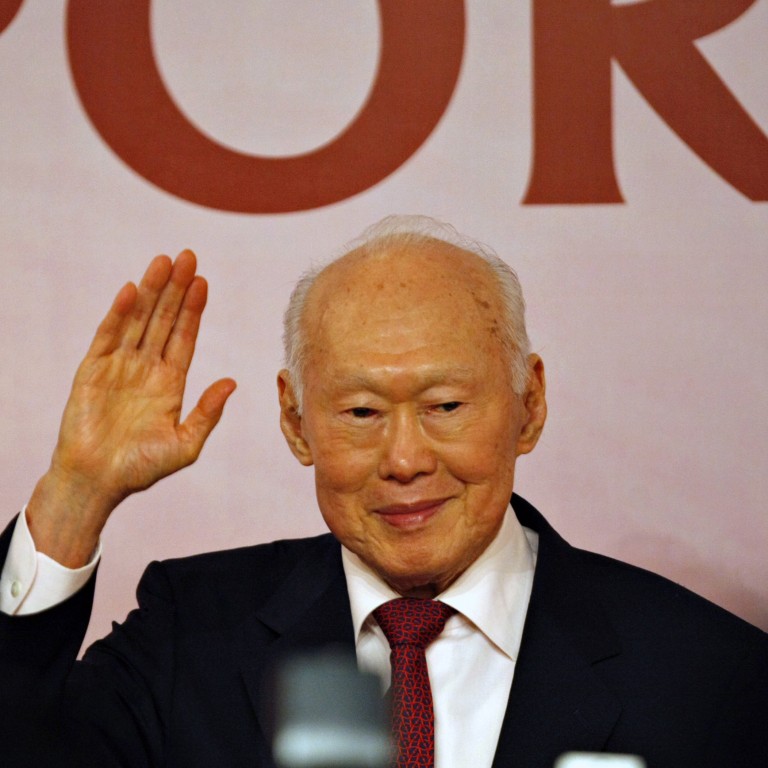
Asia needs leaders of the calibre of Singapore’s Lee Kuan Yew to navigate a messy world
- The past fortnight has seen the downfall of Britain’s Boris Johnson and Sri Lanka’s Gotabaya Rajapaksa, as well as the assassination of Japan’s Shinzo Abe
- The quality of Asia-Pacific leadership is rising, in part due to Lee setting the standard. Examples include New Zealand’s Jacinda Ardern and Indonesia’s Joko Widodo
The widely circulated photographs and videos of protesters indulging in a dip in the president’s opulent pool will not easily fade from memory and merit consideration as 2022’s most telling political image.
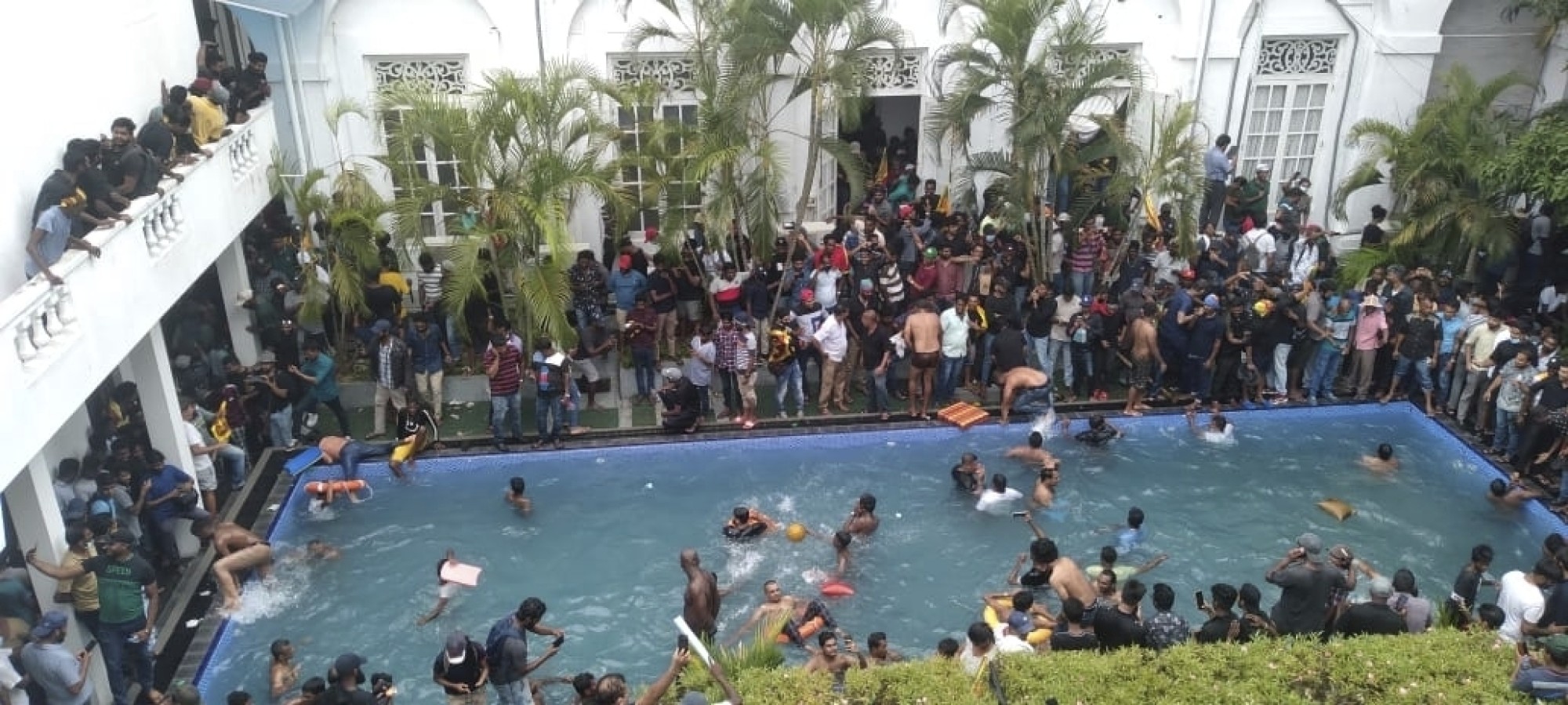
In his new book, Leadership: Six Studies in World Strategy, former US secretary of state Henry Kissinger pushes the view that great leaders must attract followers well beyond the bandwidth of core constituencies; otherwise, the putative leader becomes a lame follower of backers.
His counter-example is the visionary Anwar Sadat, third president of Egypt. He is greatly admired for bringing a vision of peace to the Middle East by a “strategy of transcendence”. It is good that this Egyptian leader is so remembered by the United States’ most prominent senior statesman.
Nonetheless, the choice of Lee is superb. As Kissinger puts it, Lee’s legacy is of both product – the emergence of the powerhouse city state of Singapore – and process, which Kissinger terms “the strategy of excellence”. Under the iron-willed Lee and his capable successors, Singapore attained a standard of governance that, to a certain extent, went global.
But Lee was criticised by some human rights groups with a monomaniacal focus on political rights, according to which being able to vote or take the government to task is more important than being able to eat or be housed.
China, friend or foe to Singapore? How a wily Lee Kuan Yew made it both
By contrast, Lee’s deep understanding of human needs and of the government’s moral obligation to meet them is widely appreciated.
Despite his blistering anti-Communist domestic record and his insistence on the need for a continued balancing of the US’ military presence in Asia, many in China would agree with Kissinger’s assessment of Lee, himself well known for his unstinting praise of breakthrough reformer Deng.
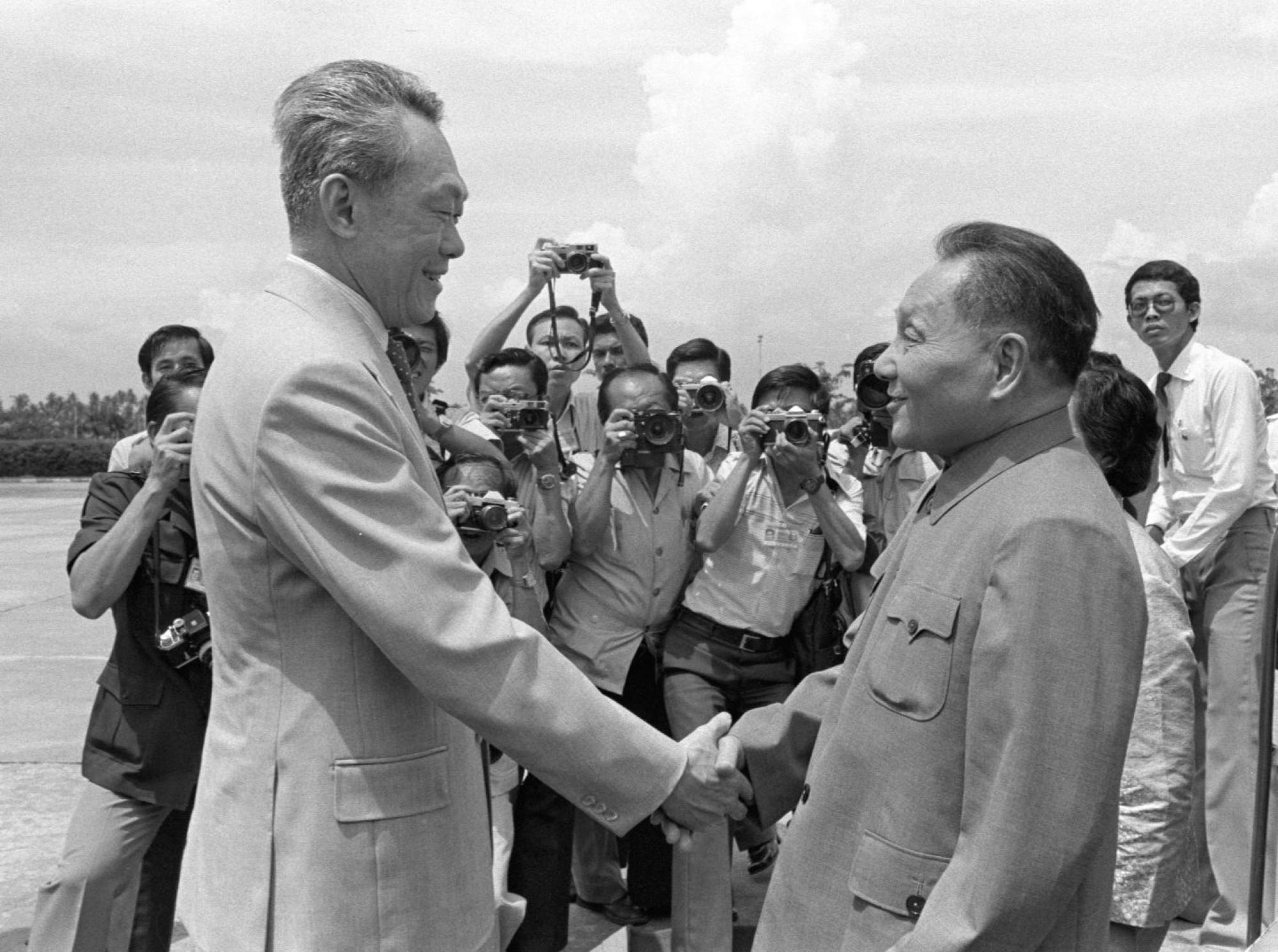
The overall quality of leadership in the Asia-Pacific is rising, in part as a result of Singapore and Lee setting the standard and also due to the region’s continued economic energy.
An impressive Asian leader is Joko Widodo, president of Indonesia, who since 2014 has been leading the world’s fourth most populous country, home to more Muslim residents than any other. Determined and credible, Widodo and Ardern should forge a special relationship to help the world work out a more functional approach to China than a containment policy.
As the plain-speaking Ardern recently put it, the world is “bloody messy”, but must escape from the dead end of black-and-white thinking and political polarisation. These are the leaders Asia needs.
LMU Professor Tom Plate is vice-president of the non-profit Pacific Century Institute and author of the “Giants of Asia” book series, which includes a volume on the late Lee Kuan Yew


